The firing of the Boston Bruins coaching staff has sent shockwaves through the hockey world, leaving fans and
analysts alike scrambling for answers amid the unexpected decision. The Bruins, a storied franchise with a rich
history in the NHL, made the bold move to dismiss their coaching team despite recent successes and a competitive
standing in the league.
Speculation runs rampant regarding the reasons behind this dramatic shake-up. One prevailing theory suggests that
internal discord or philosophical differences between management and the coaching staff may have played a pivotal
role. Such disagreements, often simmering beneath the surface in professional sports organizations, can escalate
quickly, leading to drastic decisions even in the face of apparent success.
Another plausible explanation revolves around performance expectations and the ever-present pressure to excel in a highly competitive league. While the Bruins have maintained a respectable position in recent seasons, management
may have felt compelled to make changes in pursuit of higher aspirations or to address perceived shortcomings in
strategy or development.
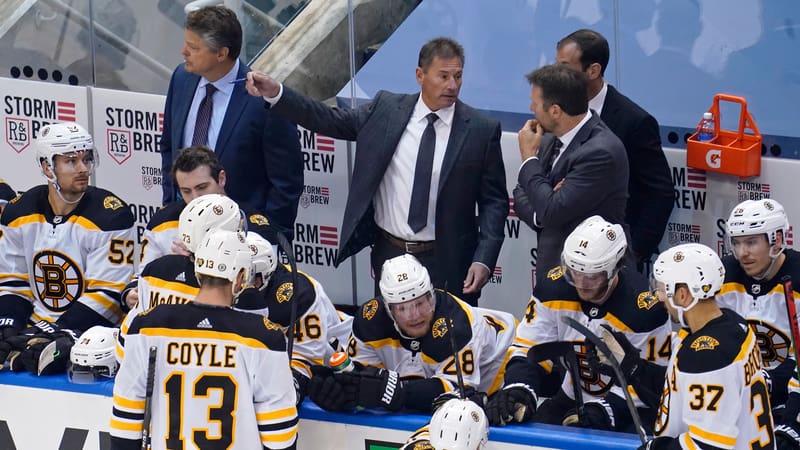
Moreover, the dynamics within the team itself could have contributed to the decision. Relationships between coaches
and players, as well as the overall team culture, are critical components of any successful sports franchise. If there
were signs of discontent or if the coaching staff’s methods were perceived as ineffective or outdated by players or
management, this could have hastened the decision to make a change.
The timing of the firing adds another layer of intrigue. The offseason, typically a period of reflection and strategic
planning for many teams, offers a window of opportunity to reevaluate coaching personnel and overall team
direction. By taking decisive action now, the Bruins may be positioning themselves to capitalize on the upcoming
season with a fresh perspective and renewed vigor.
Fans of the Bruins, known for their passionate support and high expectations, are understandably divided in their
reactions. While some may view the coaching change as a necessary step towards revitalizing the team’s fortunes,
others may lament the departure of familiar faces who have guided the team through highs and lows.
Looking ahead, the search for a new coaching staff will undoubtedly be closely watched. The Bruins will need to
identify candidates who not only bring tactical acumen and leadership but also possess the ability to connect with
players and instill a winning mentality. The success of this transition will ultimately be measured by the team’s
performance on the ice and their ability to contend for championships in the competitive landscape of the NHL.
In conclusion, the firing of the Boston Bruins coaching staff has sparked widespread discussion and speculation
within the hockey community. While the precise reasons behind the decision remain unclear, the move underscores
the high stakes and intense pressures faced by professional sports franchises striving for sustained success. As the
Bruins embark on a new chapter under new leadership, the eyes of fans and analysts alike will be fixed on the team’s
journey and its pursuit of hockey glory.


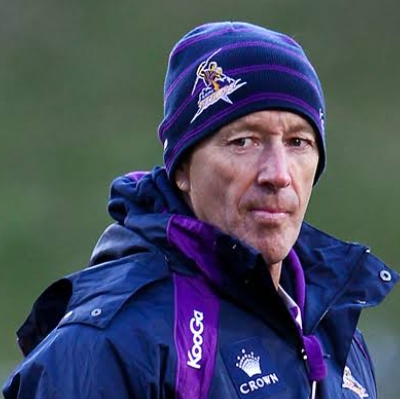

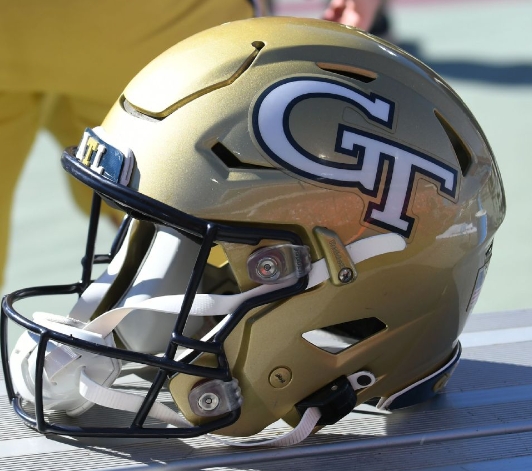

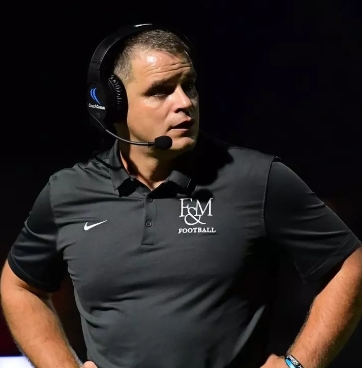

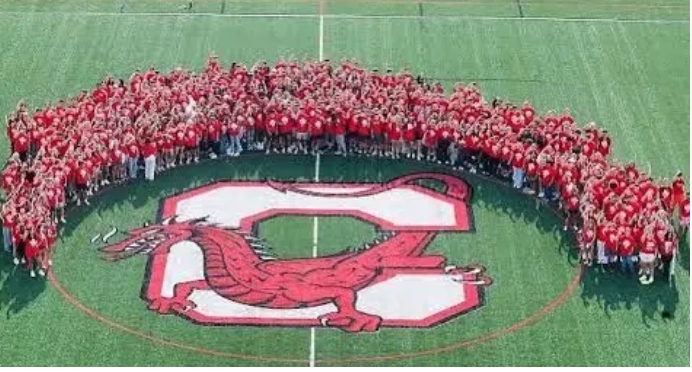


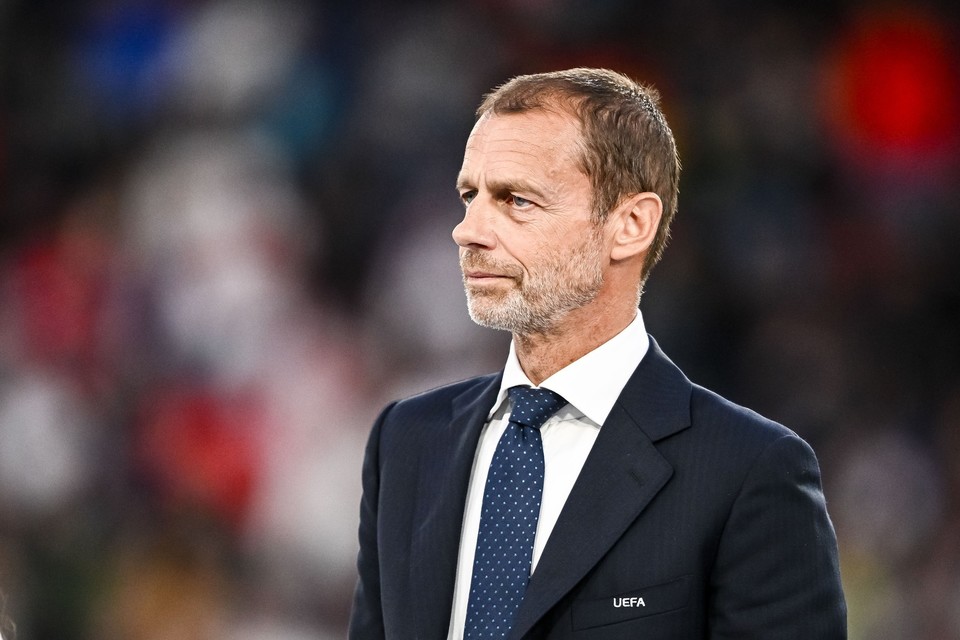
Leave a Reply